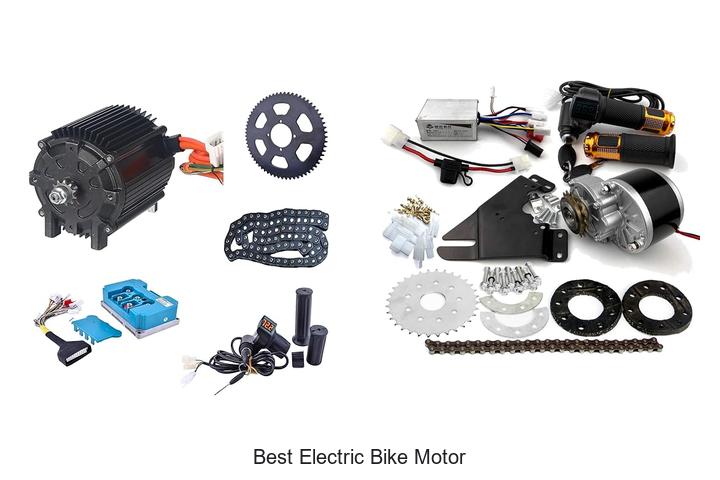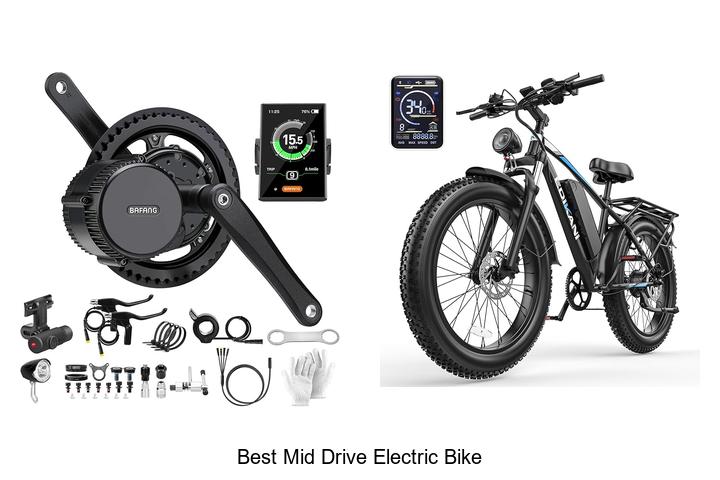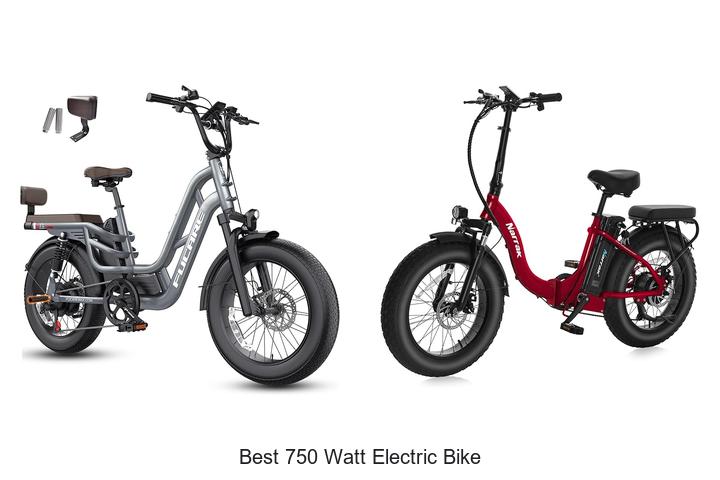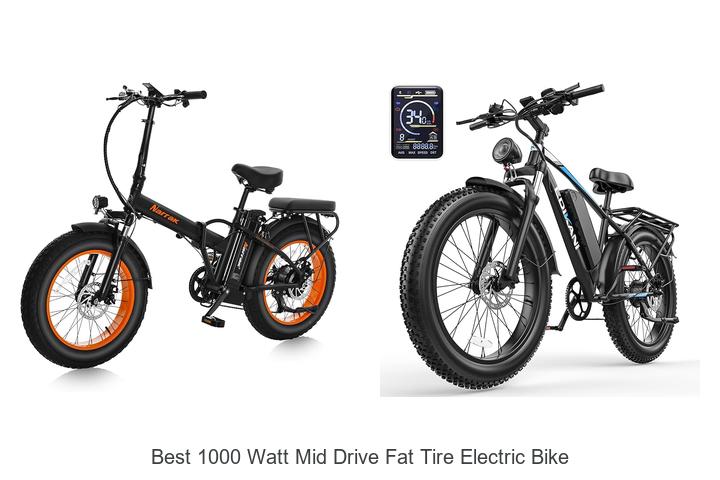Can You Get a DUI on an Electric Bike? What You Need to Know
Riding an electric bike has become a popular way to get around quickly and easily. But if you’ve been enjoying the ride after a few drinks, you might be wondering—can you get a DUI on an electric bike? The answer isn’t as simple as you might think.
Laws around electric bikes and DUI vary depending on where you live. Some places treat electric bikes like regular bicycles while others apply motor vehicle rules. Knowing the legal risks can help you stay safe and avoid serious consequences while enjoying your electric bike.
Understanding DUIs and Electric Bikes
You must grasp the basics of DUIs and electric bikes to know when riding under the influence results in legal trouble. This section clarifies key definitions and technical features.
What Constitutes a DUI
A DUI involves operating a vehicle while impaired by alcohol or drugs beyond the legal limit. Your blood alcohol concentration (BAC) level typically determines impairment, with 0.08% being the standard limit in most states. Laws vary on whether electric bikes qualify as motor vehicles; when they do, riding one under the influence counts as a DUI. Law enforcement assesses your control over the bike and impairment signs to decide on charges.
Overview of Electric Bikes and How They Work
Electric bikes combine pedal power with an electric motor providing assistance during rides. They usually feature pedal-assist or throttle systems activating the motor, which operates within power limits set by law—often 750 watts or less and speeds capped at 20-28 mph. This classification impacts whether your e-bike is considered a motor vehicle for DUI enforcement. Knowing your e-bike’s specifications helps you understand its legal status.
Legal Perspectives on DUI for Electric Bikes
Understanding how DUI laws apply to electric bikes helps you navigate legal risks. Legal interpretations vary, but impairment while operating an e-bike can lead to charges in many jurisdictions.
DUI Laws Applicable to Electric Bikes
DUI laws apply if your electric bike meets the legal definition of a motor vehicle in your area. Many states classify electric bikes with throttle controls or top speeds exceeding 20 mph as motor vehicles. Consequently, riding impaired on these bikes triggers DUI enforcement similar to cars or motorcycles. Law enforcement looks for signs of impairment such as swerving, delayed reaction time, or failure to obey traffic rules. Operating an e-bike under the influence may result in penalties including fines, license suspension, or criminal charges.
Differences Between States and Local Jurisdictions
State and local laws differ widely on electric bike DUI enforcement. Some states explicitly include electric bikes under motor vehicle DUI statutes, applying BAC limits typically at 0.08%. Others exclude pedal-assist e-bikes from motor vehicle definitions, limiting DUI laws to throttle-assisted or faster bikes. Certain jurisdictions treat e-bikes like bicycles except when used on roads where motor vehicle laws apply. Local ordinances may also impose stricter or additional regulations. Confirming your area’s legal framework is essential to understand when DUI laws apply to your e-bike use.
Factors That Influence DUI Charges on Electric Bikes
Several elements determine whether riding your electric bike under the influence results in a DUI charge. These factors affect how authorities assess your impairment and the legal consequences you face.
Blood Alcohol Content (BAC) Limits
Most states enforce a BAC limit of 0.08% for motor vehicle operation, and this standard often applies to electric bikes classified as motor vehicles. If your BAC exceeds this limit while riding an e-bike that meets the legal definition of a motor vehicle, you face DUI charges. Certain jurisdictions apply lower BAC thresholds for commercial riders or minors, which you must consider. Your BAC level directly impacts the severity of charges and penalties imposed.
Behavior and Operation of the Electric Bike
Law enforcement evaluates your riding behavior to determine impairment. Signs like swerving, sudden stops, slow reaction times, or difficulty maintaining balance indicate you may be under the influence. Your control over the electric bike plays a crucial role if it resembles motor vehicle operation in your jurisdiction. Erratic riding or violating traffic laws increases the likelihood of DUI enforcement. The specific e-bike model, such as those with throttle control or high speed capabilities, can intensify scrutiny.
Consequences of Getting a DUI on an Electric Bike
Getting a DUI on an electric bike carries significant legal consequences. These penalties affect your finances, driving privileges, and criminal record.
Legal Penalties and Fines
DUI charges for electric bike riders often involve fines ranging from $500 to $2,000, depending on the state and severity. Courts may impose community service, mandatory alcohol education programs, or probation. Some jurisdictions require ignition interlock devices if your e-bike meets motor vehicle criteria. Repeat offenses can lead to higher fines and possible jail time. Local laws determine whether penalties align with those for car or motorcycle DUIs.
Impact on Driving Privileges and Record
A DUI on an electric bike can suspend or revoke your driver’s license for 6 months to a year or longer. Some states extend license penalties even if the electric bike operates under bicycle laws but impairment evidence exists. Your driving record will list the DUI violation, affecting insurance premiums and future vehicle registrations. Criminal convictions related to DUIs can result in a permanent mark on your record, influencing employment and legal standing.
Tips to Avoid DUI on an Electric Bike
Reducing the risk of a DUI while riding an electric bike requires mindful choices and safe habits. Following practical tips helps maintain control and stay within the law.
Safe Riding Practices
Always check your level of sobriety before riding an electric bike, as impairment affects balance and reaction time. Limit your speed to safe thresholds, especially in areas with heavy pedestrian or vehicle traffic. Wear a helmet and visible clothing to enhance safety and alertness. Avoid risky maneuvers such as sharp turns or sudden stops that demand precise control. Stay aware of your surroundings and obey all traffic laws, as officers often watch for erratic behavior indicating impairment. Regularly maintain your e-bike to ensure brakes, tires, and electrical systems function correctly, reducing the chance of accidents.
Alternatives to Riding Under the Influence
Consider using ride-sharing services, taxis, or public transportation if you’ve consumed alcohol or drugs. Designate a sober friend to operate your e-bike or vehicle, eliminating the risk of DUI charges. Plan ahead by setting up transportation options before consuming substances that impair your ability to ride. Use portable electric scooters or bikes only if they offer a safe, sober alternative and comply with local laws. Staying overnight or postponing your trip helps avoid riding impaired altogether, protecting your safety and legal standing.
Conclusion
Whether you can get a DUI on an electric bike depends largely on where you ride and how your e-bike is classified. Since laws vary, it’s crucial to know your local regulations before hopping on. Riding impaired not only puts your safety at risk but also exposes you to serious legal consequences.
Taking responsibility by staying sober and following traffic rules ensures you avoid costly fines and license issues. When in doubt, choose safer alternatives like ride-sharing or a designated driver. Protect yourself and others by making smart choices every time you ride your electric bike.




